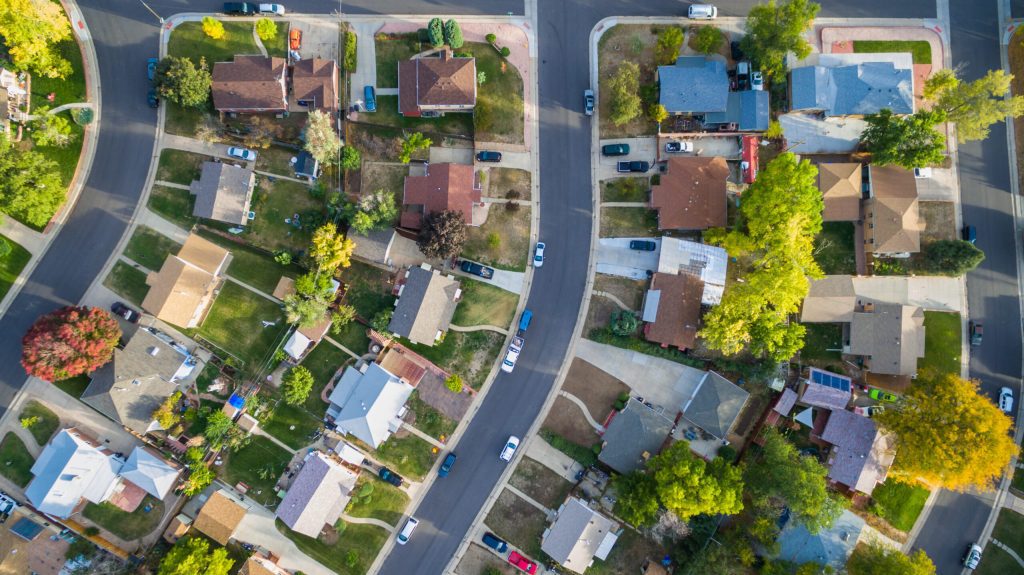Egypt’s skyline is changing, quite literally. With sprawling new developments like the New Administrative Capital, the country is in the midst of a real estate boom aimed at alleviating congestion in Cairo and meeting the housing demands of a rapidly growing population. But is Egypt’s real estate sector building a sustainable future, or simply contributing to an unsustainable urban sprawl?
The Egyptian government’s mega-projects are impressive in scale, but their long-term sustainability is still up for debate. The New Administrative Capital, for instance, is intended to decongest Cairo and provide modern infrastructure for businesses and residents. However, critics argue that these developments focus too heavily on high-end real estate, leaving Egypt’s lower-income population underserved.
Furthermore, while the construction of luxury apartments and office buildings is booming, the country faces a critical shortage of affordable housing. Urbanization is happening at an unprecedented rate, and if the real estate sector fails to address the housing needs of the average Egyptian, it risks deepening social inequalities.
The solution may lie in adopting a more balanced approach to property development—one that combines luxury with affordability and focuses on long-term sustainability rather than short-term profits.
Conclusion:
Egypt’s real estate sector has enormous potential, but it must pivot towards more inclusive, affordable, and sustainable urban development if it is to meet the needs of its rapidly urbanizing population.



















